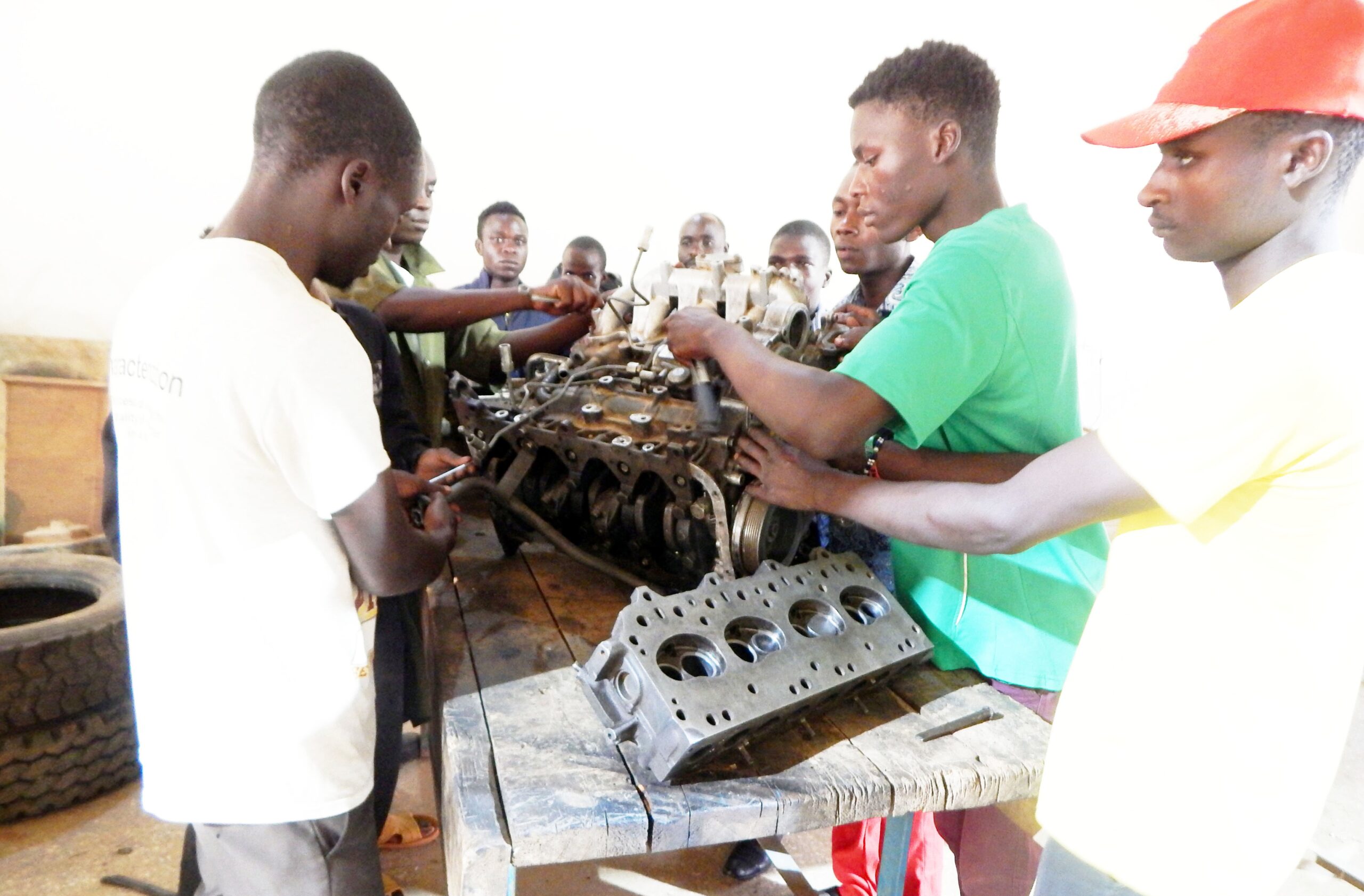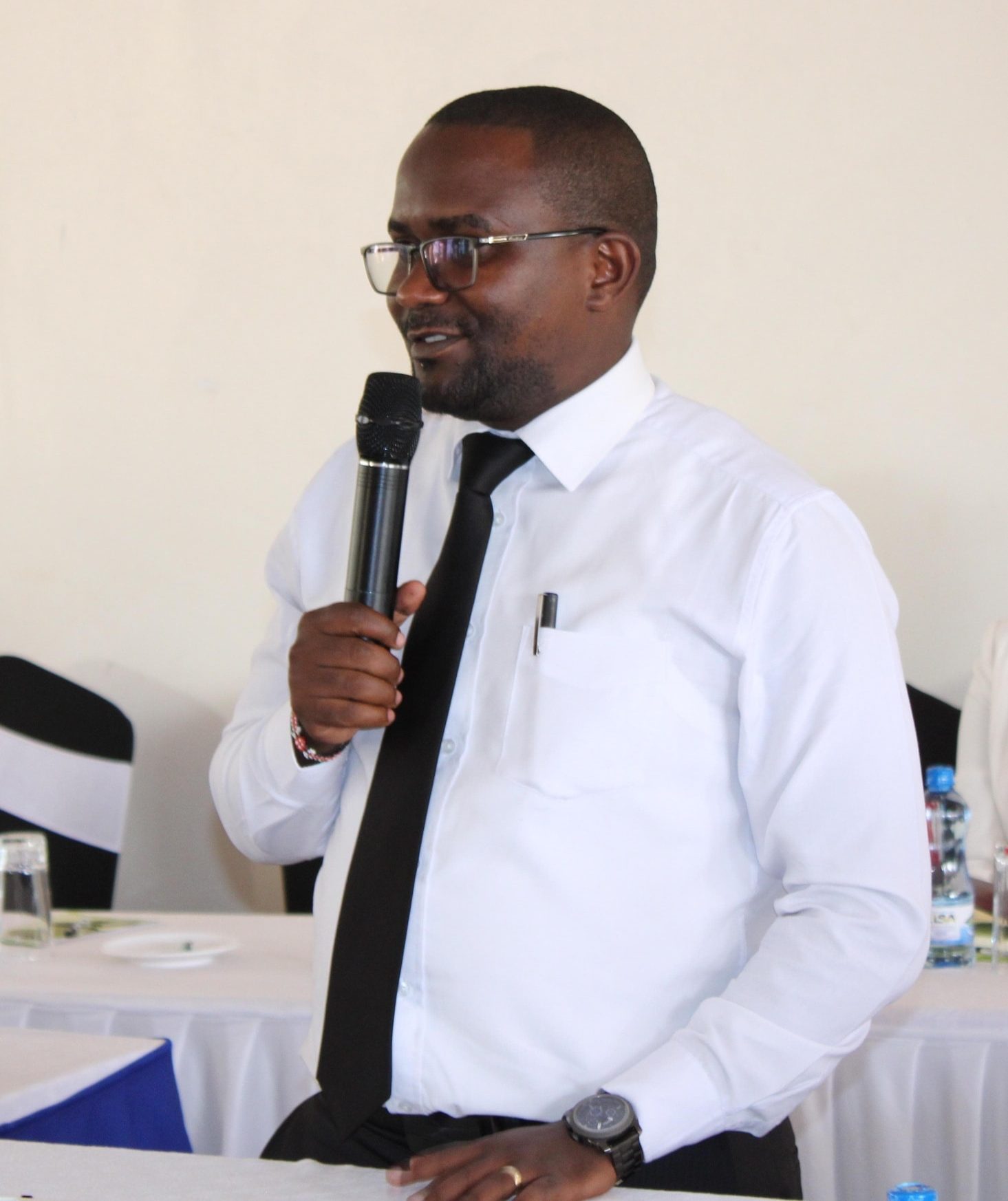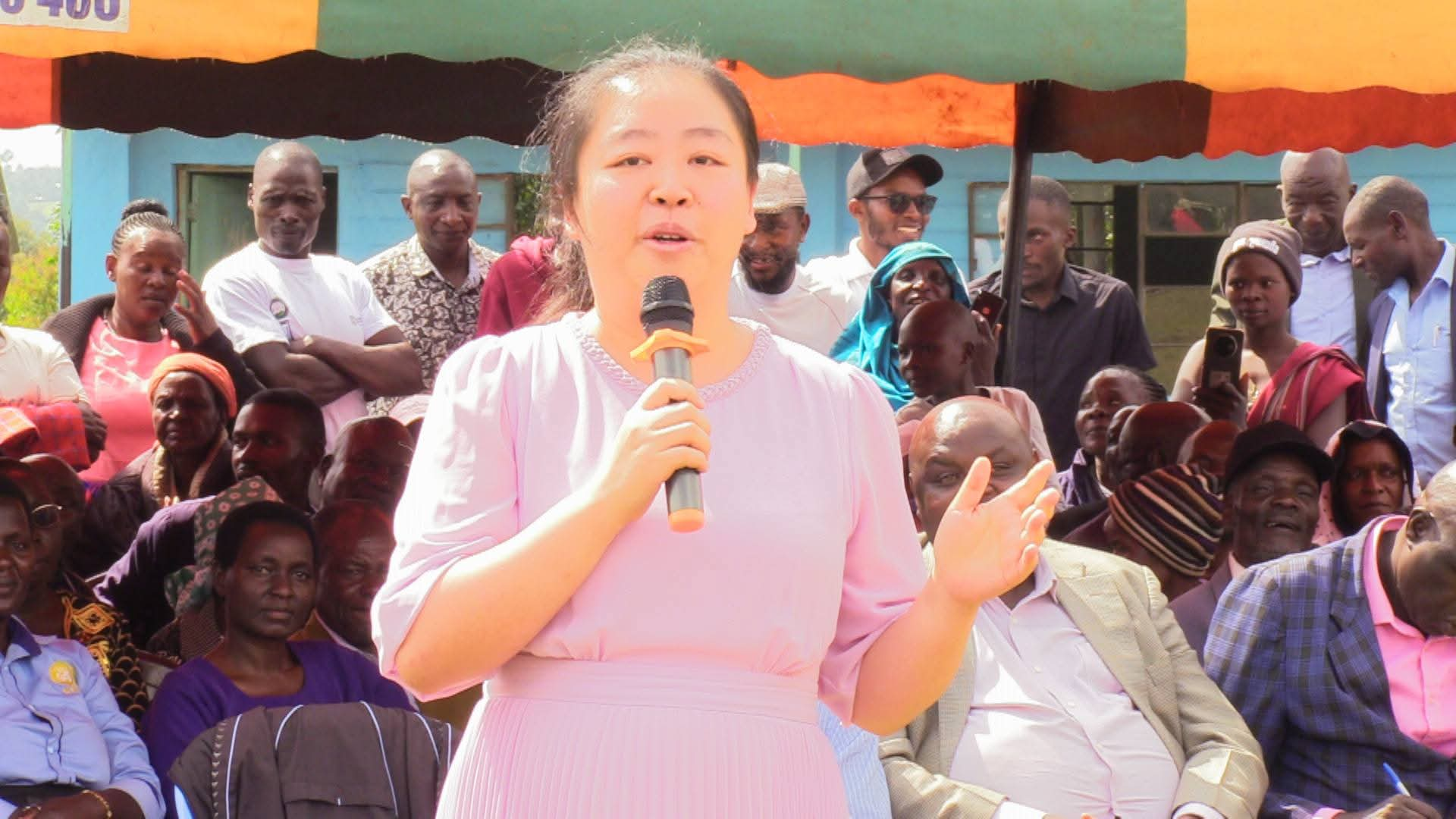Director of TVET Meshack Opwora has said that there is need to standardize equipment used in training in all TVET institutions.
He said institutions under national government and those under county government vary and therefore affect the quality of education being offered.
He was speaking at Meru National Polytechnic where he was accompanied by principals and other TVET institutions when they were conducting dissemination of TVET quality audits countrywide in all TVET institutions and vocational training centres under the county government.
Opwora said trainers in Vocational Training Centres (VTC) under county governments are very few.
“We have also seen disparities in terms of quality in the training that is done in institutions under national government and the training done in institutions under county government,” Opwora said.
He said that differences between the two is caused by equipping and lack of tutors.
“We have the state-of-the-art equipment in institutions under national government but when you go to institutions under county government there is a challenge,” Opwora said.
He said they are in the process of procuring modern equipment for 70 technical vocational colleges across the country.
“We are at the tail end of the procurement process from China and they will be coming by the end of the year. We also have other equipment from our partners the Africa Development Bank and East Africa Skills For Transformation (A World Bank Project),” Opwora said.
TVET Board Chair of Technical Committee Julius Keter said most institutions are doing well in terms of leadership standards.
“The findings of our report are very promising. We are doing well in terms of leadership most institutions have established and are following our standards. To regulate TVET we have to come up with standards so we have standards then we audit the institutions in line with those standards. Most institutions have improved,” Keter said.
He said that about three to four million who are jobless need to be brought in TVET training to uplift the country out of poverty.
“Our concern is that we have relevant training that is futuristic and captures the spirit of the world of work and to achieve this we need a multisectoral approach,” Keter said.
TVET Acting Director in charge of standards development Dr Paul Wanyeki said in the last financial year they did quality audit to 415 TVET institutions across the country.
Wanyeki said it’s the second financial year they are auditing TVET institutions.
“It gives us a good opportunity to engage stakeholders from public and private sectors and from national and county governments to get feedback on challenges,” Wanyeki said.
He said institutions under county government have challenges of scheme of service, making retainer of staff a challenge and there is big turnover of staff because of poor career progression.
“There is also need for doing rebranding as most institutions do not have very good imaging and there is need to change their image to make them more attractive to the youth,” said Wanyeki.
At private institutions, there is a challenge as KUCCPS is not placing students into private institutions and the institutions wish they could be considered for placement.
At national government there is a challenge with embracing of CBET Curriculum.
County Director of Vocational Training for Nakuru David Mwangi said the audit report will help institutions especially where there are challenges to ensure quality training.
He said vocation centres are lagging behind compared to other TVET institutions.
“We are also asking the national government to come up with a funding of vocational training centres when conditional grants changed into unconditional grant and became equitable share. Some of the counties have been unable to fund vocational training,” Mwangi said.
He said poor students from grassroots counties are unable to access vocational training, leading to unemployment.
He said higher institutions of learning should not offer courses that are available at vocational training centres.
Chief Principal Meru National Polytechnic Mutembei Kigige said that the audit will help TVET to reflect on successes and challenges as it celebrates 100 years.
YOU MAY ALSO READ:
Campaigns intensified to ensure courses offered in TVET are market oriented
By John Majau
You can also follow our social media pages on Twitter: Education News KE and Facebook: Education News Newspaper for timely updates.
>>> Click here to stay up-to-date with trending regional stories
>>> Click here to read more informed opinions on the country’s education landscape






